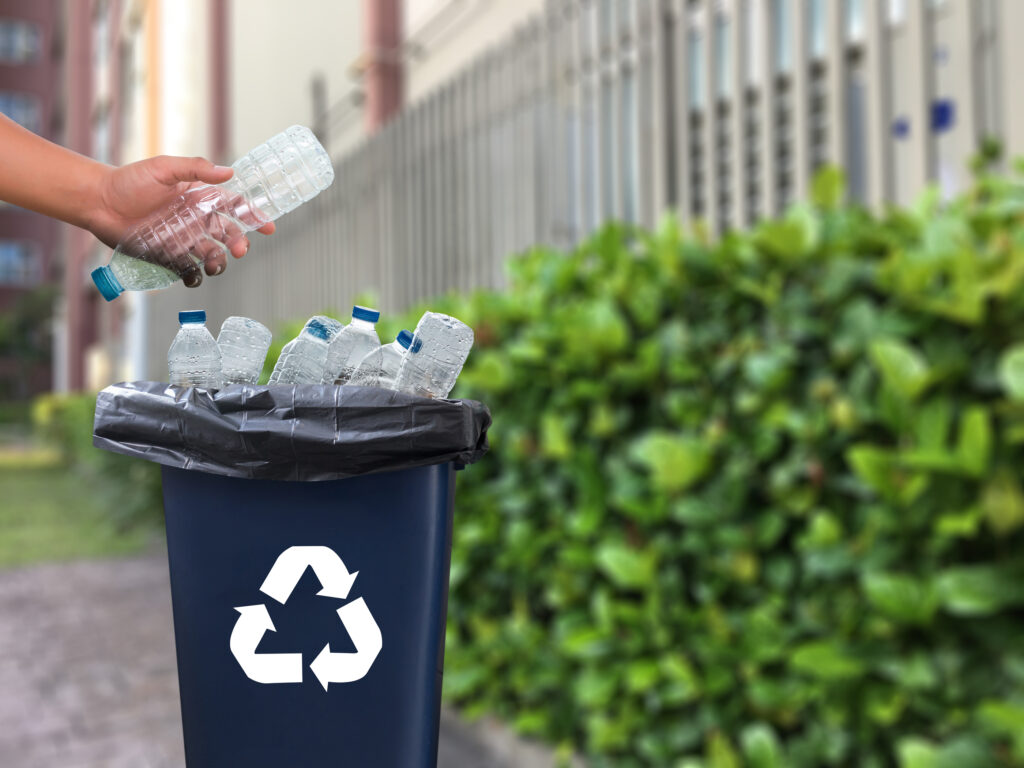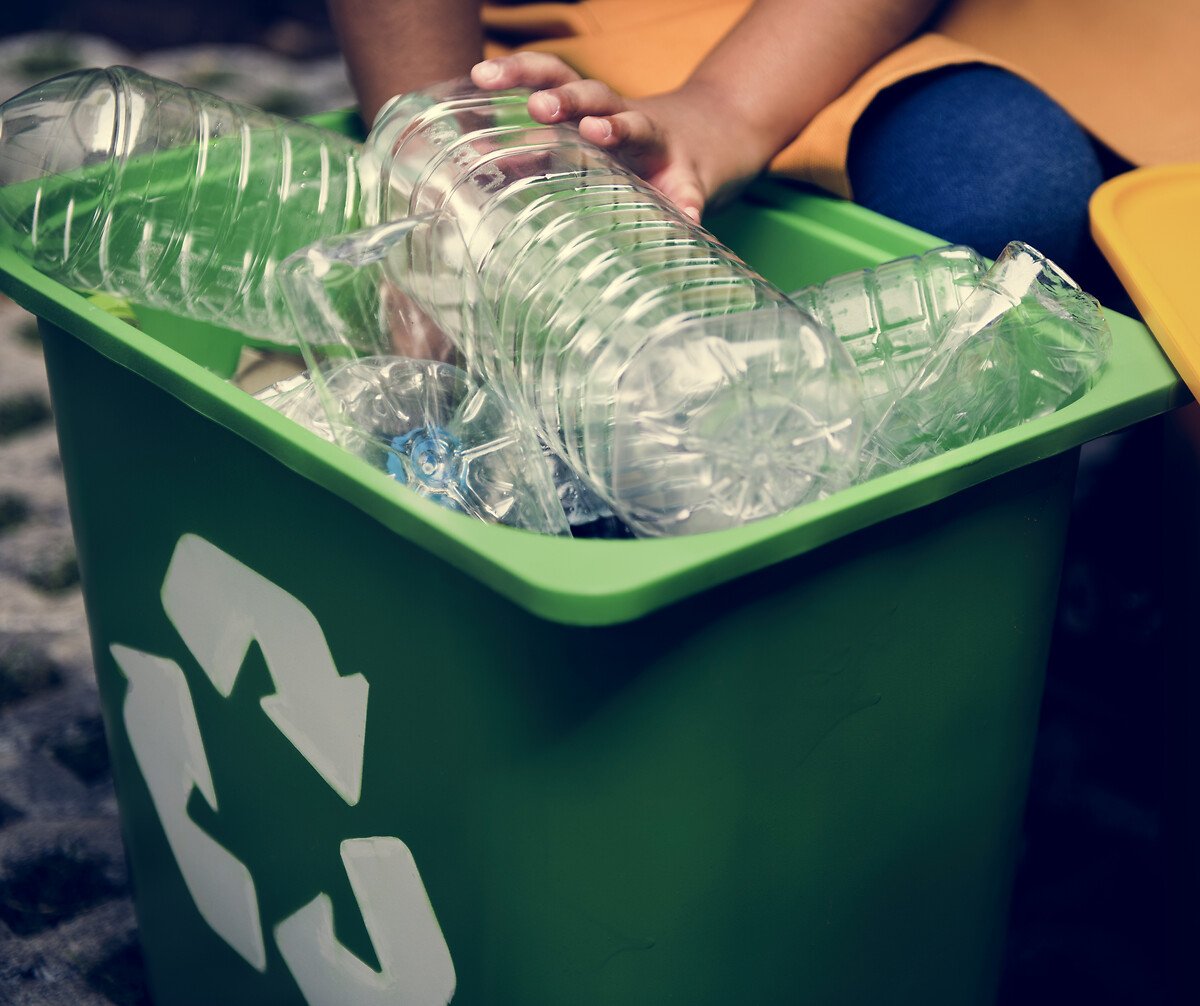Modern society has a significant problem with plastic waste and pollution in general. In order to prevent our planet from becoming a giant landfill in the next 50 years, we produce thousands of tones of rubbish every day. Plastic is by far the most dangerous of all the home wastes.
A plastic waste’s characteristics:
When it comes to nature, nothing lasts forever. Everything eventually decomposes and is recycled. Decomposition occurs in landfills as a byproduct of human society’s usage of goods and products, as has always been the case in human history. Innovative plastic wrapping that keeps food useful for an extended period of time has made it such that garbage no longer decomposes on its own.
Consumers have come to respect polymers for their excellent performance qualities, and as a result, plastic waste has grown to be a significant issue today. Dishes, plastic bottles, and other items made of polymer end up in landfills at a rate of 88 kg per person each year. It becomes evident why polymers are so harmful to life on Earth when one person’s garbage is multiplied by the population of the planet.
Besides the fact that polymer does not degrade, it is a severe threat to the environment. There are images of thousands of bottles floating in reservoirs of various sizes, and hundreds of marine animals have died as a result of the rubbish. Birds all over the world are dying as a result of polymers getting into their stomachs. In the previous few years, the UN has reported that more than once million seabirds are killed each year because of plastic pollution, which has a detrimental influence on animal health, affects offspring, and can eventually lead to the extinction of entire species, according to these newest UN numbers.
About 80 percent of the debris that was retrieved from the ocean by amateurs a few decades previously came from land, rather than ships, as was previously assumed. Plastic garbage must be recycled as soon as possible, as the likelihood of a serious environmental calamity only grows with each passing year.

What can be done to safeguard the environment?
We need to handle plastic recycling now since new studies predict that in 10-15 years, the area of waste “islands” on the earth would quadruple if current waste levels continue or even expand. Under these conditions, dealing with waste and cleaning up the sea will be more difficult.
You don’t want to just burn plastic since it releases harmful vapors that pose an environmental hazard and human health. Even children should be aware of this fact.
The only way to deal with plastic waste’s concerns is to recycle it and to repurpose it. Using current technology, polymer waste can be processed to produce high-quality materials that can be used to make a wide range of products, from clothing to equipment and automobile parts.
Separate containers for paper, glass, and plastic debris, as well as education about the dangers of waste and a commitment to cleanliness are all important for a successful polymer recycling process.
Even if these measures are taken, the globe will still be plagued by waste concerns. The consumption of plastics as a product packaging will have to be totally phased out in the future in favor of biodegradable materials. New tariffs on use of plastic wrapping are expected to raise the cost of goods within plastic boxes significantly in the coming years, according to many analysts. In order to ensure that our kids and grandkids have the opportunities to stay on a safe and clean planet, these policies will have an impact on both producers and consumers.
Everyone has a responsibility to do their part to limit the amount of dangerous garbage that enters our environment. Plastic waste should never be left in nature or in public areas for any reason. First and foremost, all of the waste that is produced must be separated from the rest of the material. Lastly, look for products that are packaged in natural materials.
